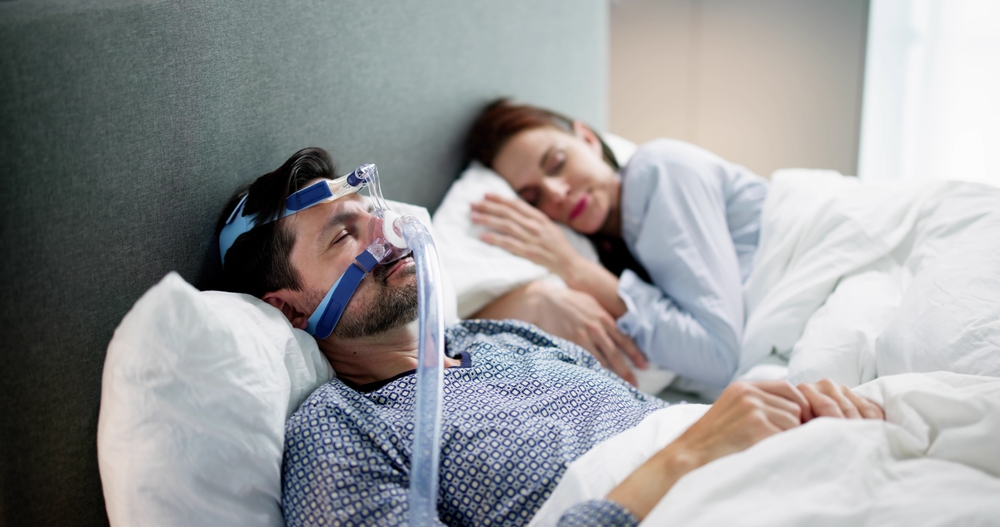Philips’ Unusual Approach to Settlement Announcement

Philips, the Dutch multinational conglomerate, took an unusual approach to announcing, or preannouncing, a settlement with the U.S. government over its troubled sleep-apnea machines and other respiratory devices. The company recalled the products more than two years ago, and now it has agreed to halt U.S. sales until certain requirements are met.
The company announced the not-quite-inked agreement on Monday in its financial press release for its fourth-quarter and annual results. A company will typically include such matters in financial releases as a way to bury the news, so you could argue Philips was being sneaky. On the other hand, the settlement hasn’t even been finalized, let alone filed with the court, so it was in a sense being proactive. (Its CEO also did a CNBC interview.)
The Philips Respironics division recalled its CPAP (continuous positive airway pressure) machines and similar devices in June 2021. The problem is that the industrial foam used in the products to reduce sound can break apart and release potentially toxic particles and fumes. Sleep apnea is a disorder that disrupts breathing.
FDA, DOJ
In the announcement this week, Philips said that, although it will continue servicing existing machines under the pact with the U.S. Food and Drug Administration and the U.S. Justice Department, it won’t sell new devices in the United States.
The agreement, which Philips called a “multiyear plan,” will provide the company “with a roadmap of defined actions, milestones, and deliverables to demonstrate compliance with regulatory requirements and to restore the business,” it said.
In its story on Monday, written with the Pittsburgh Post-Gazette (the machines are made in two factories outside Pittsburgh), nonprofit news outlet ProPublica said the DOJ declined to comment because the consent decree hadn’t been filed with the court. Again, an unusual situation.
‘Very Punitive’
This is a major crisis for Philips, which dominated the U.S. ventilator market. In 2020, its gear addressing sleep apnea accounted for 37 percent of the U.S. market, according to ProPublica, citing iData Research. An ING analyst, who called the consent decree “very punitive,” said in a note that it will be hard for Philips to recover its U.S Respironics market position, according to The Wall Street Journal.
ProPublica called the product withdrawal “one of the most catastrophic recalls in decades.” Its reporting found that Philips had “held back thousands of complaints about the crumbling foam for more than a decade.” It said scientists in the company had raised concerns about the foam as well as about new foam incorporated after the recall.
It’s another example of a company not heeding warnings, leading to a crisis.
Photo Credit: Andrey_Popov/Shutterstock
Sign up for our free weekly newsletter on crisis communications. Each week we highlight a crisis story in the news or a survey or study with an eye toward the type of best practices and strategies you can put to work each day. Click here to subscribe.




 Back to Blog
Back to Blog